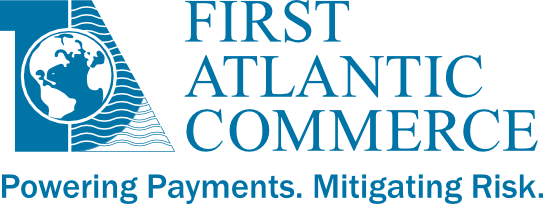Small businesses aren’t the only ones trying to take advantage of online transactions – unfortunately fraudsters are too. So, it’s important that small business owners entering the world of e-commerce are aware of the common fraud schemes that can end up costing big time.
1. Identity Theft
Small Business Identity Theft is a big business for thieves. It involves stealing a business’ identity to commit fraud.
Fraudsters can use your business’ information and credentials to manipulate or falsify business filings and impersonate the business. They can open a line or credit or apply for a business credit card under your business’ name, making purchases at the expense of your business.
2. Chargeback Fraud
Chargebacks are a forced transaction reversal initiated by the cardholder’s bank to return money to a payer. They are meant as a consumer protection mechanism, but are often over-utilized.
Chargeback fraud occurs when cybercriminals order a product or service using a credit or debit card and then instantly claim that it was an unauthorized transaction. The merchant is required to reimburse the consumer, who still keeps the product, essentially getting it for free.
3. Affiliate Fraud
Affiliate programmes are those where a company pays an affiliate to market their product or services, usually via a link. The affiliate gets a commission payment when traffic to the business’ site and purchases on the site increase.
Affiliate fraud works by tricking businesses into paying commissions that shouldn’t be paid. Fraudsters convince small businesses that they are legitimate and then flood their site with false clicks or illegal transactions. The fraudulent affiliate can also clone the company’s site to steal traffic and income.
4. Man in the Middle Attack
Man-In-The-Middle Fraud is a crime where an unauthorized third party obtains a consumer’s or business’s sensitive data as it is being sent over the Internet. This fraud can be accomplished fairly easily over an unsecured network, such as public WiFi, or a poorly protected home network. It can also be carried out through installing malware on the target’s computer.
Before diving into the world of online retail, be sure to ask your payment gateway provider about methods and services they have that can help prevent these types of frauds from impacting your business.

